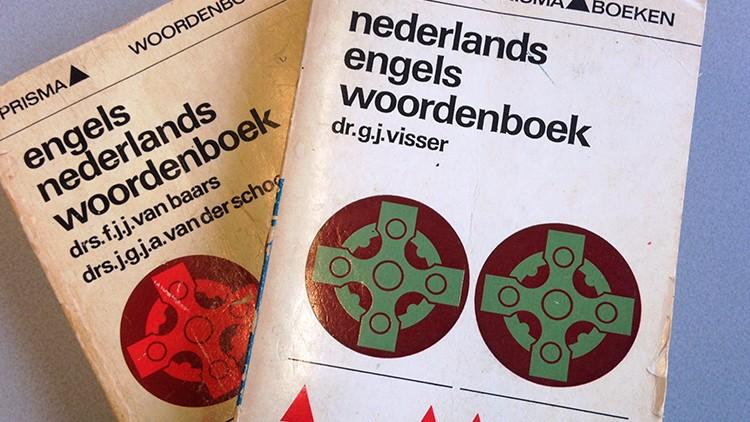Bachelor's only in Dutch?
Lower House wants clarity about language of instruction

The Dutch Minister of Education, Robbert Dijkgraaf, promised to send a letter to the Lower House next month detailing his plans concerning the internationalisation of higher education. But the House of Representatives, which has been discussing the issue for many years already, is losing its patience.
During a debate on the influx of international students, all kinds of motions were tabled, of which many gained a majority. Therefore, Dijkgraaf has to either implement them or refute them.
Dutch
One of the motions is authored by MP Pieter Omtzigt. Almost everyone supported it, including three of the four parties in the coalition. Dijkgraaf’s own party, D66, voted against it.
The motion says that Bachelor's programmes must be taught in Dutch unless there is a strong reason not to. Omtzigt wants the Education Inspectorate to enforce that law, giving a better explanation of what constitutes an exception.
Omtzigt was happy with the support of the House. In a week, he would like to hear from the minister “how we will ensure that Dutch once again becomes the language of instruction in Bachelor’s programmes because that is the purpose of the motion”.
But that was not so clear-cut in the motion itself. It is not known whether other parties construed it as such. A similar motion by PVV asking the government to restore Dutch as the language of instruction “in all Bachelor’s degree programmes, with a few well-chosen exceptions” has been recently refused.
Figures
Roughly half of all Bachelor’s programmes at research universities are still taught in Dutch, according to figures from the association of Dutch universities, Universities of The Netherlands (UNL). Master’s degrees are a different story, however, with only 14 percent being taught in Dutch.
The number of international students in the Netherlands is growing rapidly, especially at research universities. In 2016, 8,600 students came to the Netherlands from abroad to pursue a Bachelor’s degree, which corresponded to 18 percent of the total intake. Five years later, there were 18,400 foreigners or 29 percent.
In the same period, the number of international students enrolled Master’s programmes offered by research universities rose from 11,400 to 17,900, or from 27 to 32 percent. The figures for the current academic year are not yet known.
In general, the growth is not as significant at the universities of applied sciences. In 2021, less than ten percent of their first-year students came from abroad.
Housing
Additionally, a notable motion by the Socialist Party was adopted in the House of Representatives. It states that institutions need to take more responsibility for finding accommodation for the international students they bring over here. If not, those students will fall victim to inflated prices and slum landlords – if they can find housing at all.
Another motion by the SP asks the government to analyse university funding. In the Netherlands, universities get money from the government according to the number of students they have. Are they recruiting so many students from abroad just to get more money? That motion also got a lot of support.
Besides, what happens once foreign students graduate? A motion by CDA states that three-quarters of international students leave the country. They suggest this is happening because they don’t speak Dutch. The motion thus advocates better monitoring of the factors that could keep international students in the Dutch labour market.
Look ahead
It could have been even worse for Dijkgraaf if coalition parties VVD and CDA had not "held back" a couple of motions. No vote was taken on those: the parties are keeping them in their back pocket. In those motions, the House of Representatives would have asked the government to put forward legislation as soon as possible to control the influx of international students.
The coalition evidently did not want to tread on the minister’s toes just yet. Now, there is nothing to do but wait for the plans that Dijkgraaf will unveil in March. The tension is growing, however, as the minister risks being unable to meet the expectations, in which case the parties would take control of the matter.